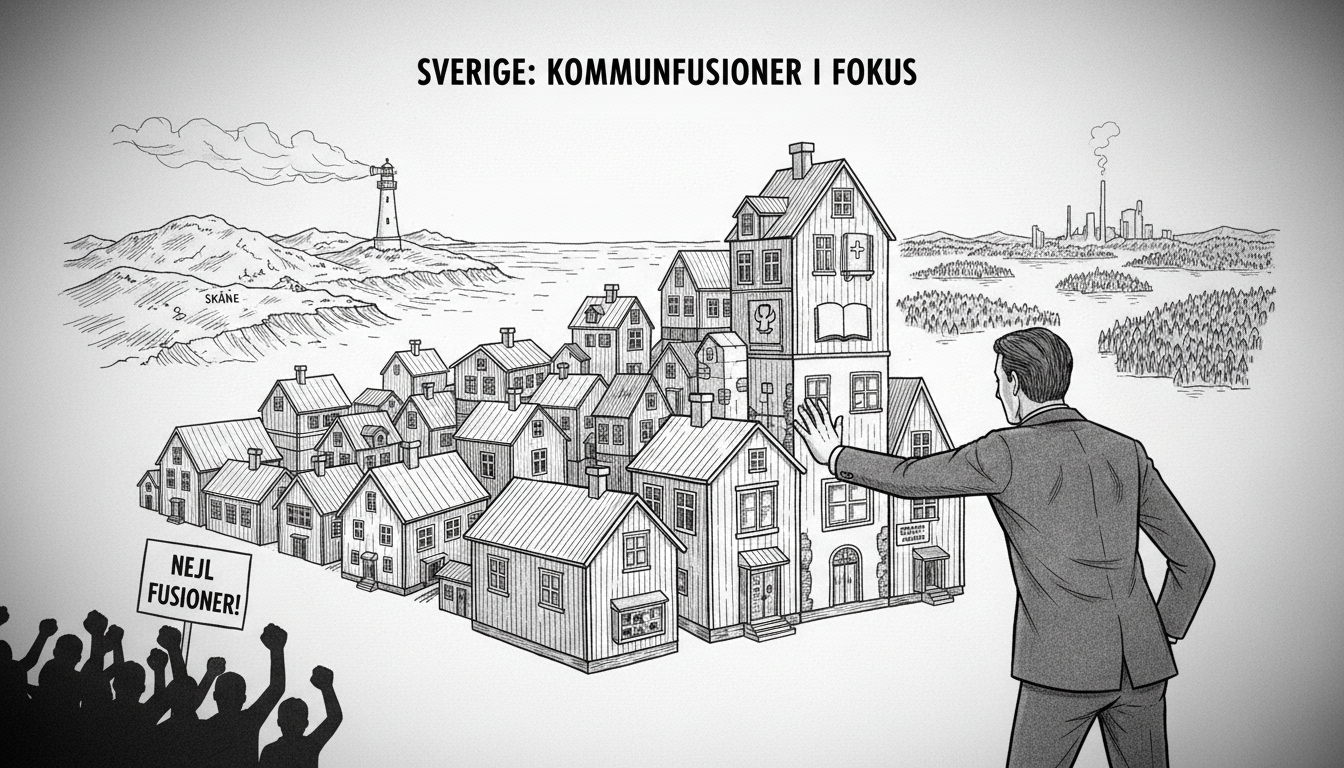Civil Minister Erik Slottner wants more small Swedish municipalities to merge. He specifically mentioned Skåne and Västra Götaland as regions with many suitable candidates.
The proposal faces strong local opposition. The government hopes revised funding for small municipalities will increase interest in mergers.
Sweden's Finance Ministry has proposed changing compensation for administrative costs in small, sparsely populated municipalities. This support helps create equal conditions for public services across different regions.
Under the new plan, municipalities with fewer than 10,000 residents would receive higher support. The average distance between residents must exceed 700 meters. This applies to towns like Dorotea, Vilhelmina and Jokkmokk in northern Sweden.
The government's approach differs from a committee's 2024 recommendation. That model would have given all small municipalities substantial increases in administrative support.
Slottner explained the government wants to maintain incentives for municipalities to reduce administrative costs. He also believes the system should not discourage potential mergers.
"Sparsity is difficult to influence, but not the size of the municipality," Slottner stated.
He pointed to Västra Götaland and Skåne as having "very many" suitable municipalities for merging. These areas contain small municipalities located close together that already cooperate extensively.
A recent investigation found almost no willingness among Swedish municipalities to merge. Municipalities are self-governing local authorities responsible for schools, healthcare and social services.
Slottner clarified the government has no plans to force municipal mergers. Instead, he hopes to create incentives that make merging more attractive.
"I'm convinced that if more municipalities merged, Sweden would be better equipped to handle healthcare, elderly care, schools, climate adaptation and digitalization," Slottner said.
The minister's push comes as many small municipalities struggle with demographic challenges and rising service costs. This reflects a broader Nordic trend where remote communities face sustainability questions.
Government efforts to encourage municipal mergers have met resistance for decades. Local identity and control often outweigh economic arguments in these debates.

